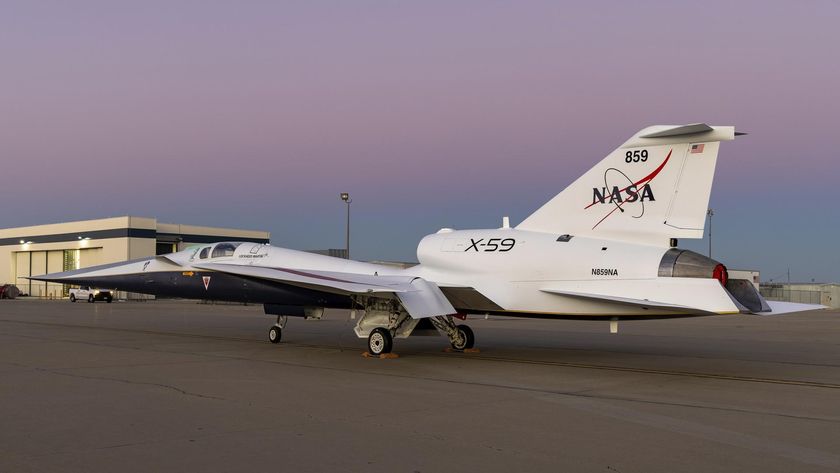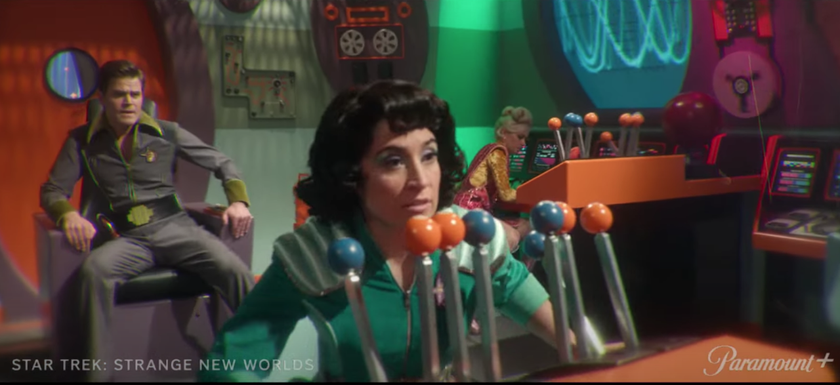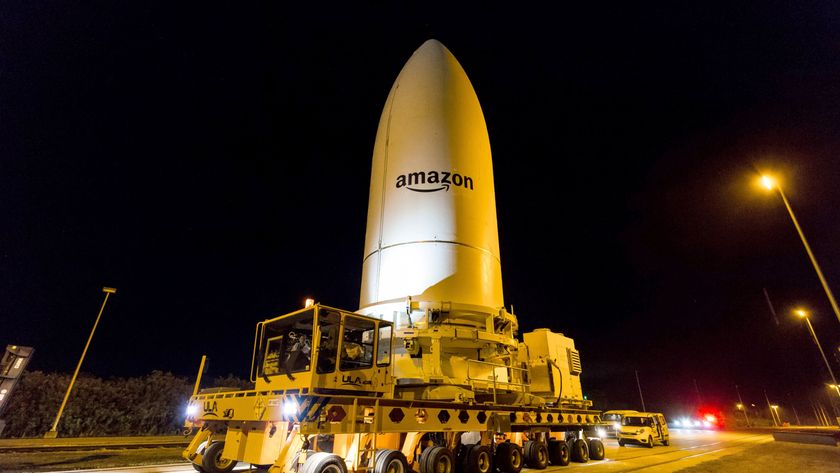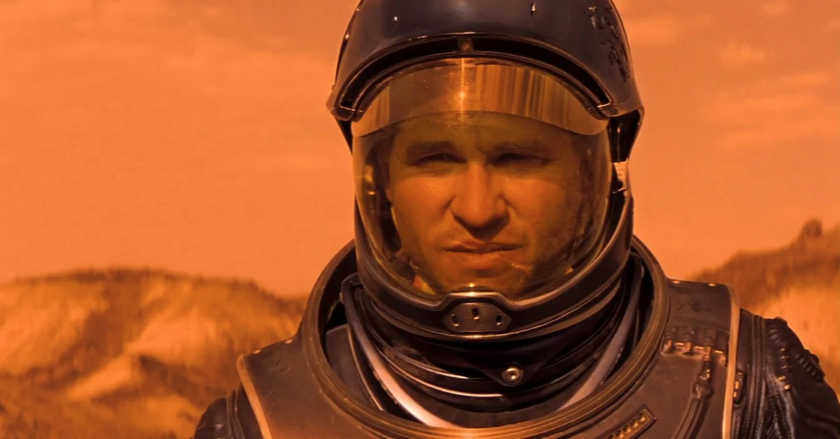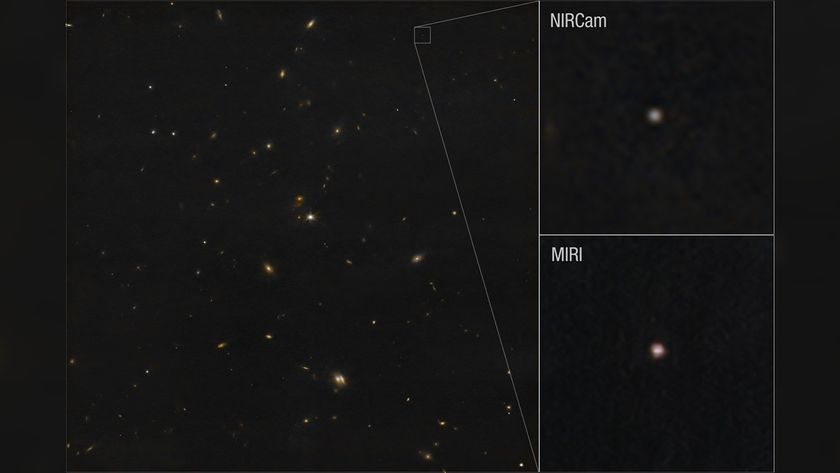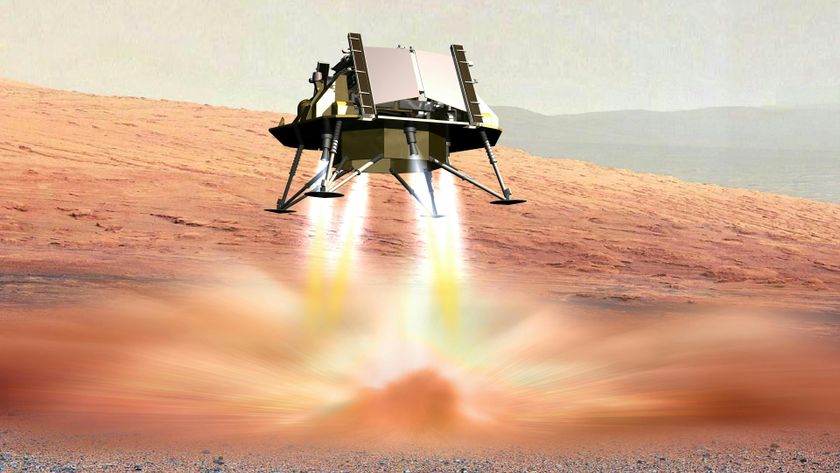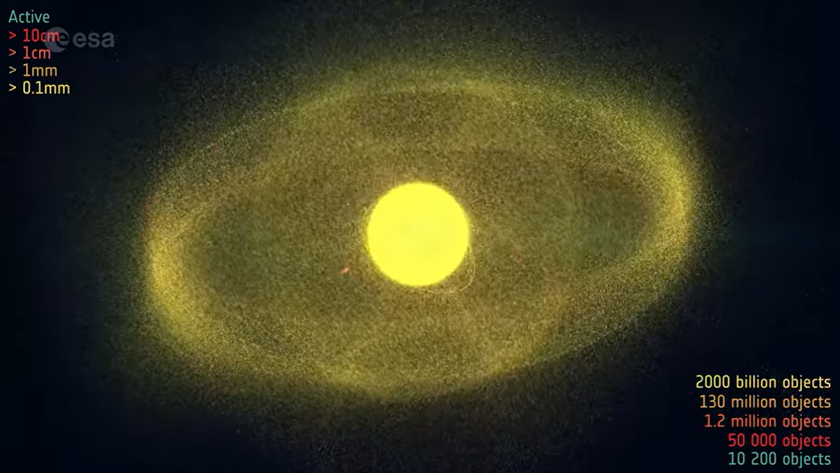NASA Attracts the General Public at Folklife Festival
NASA, often accused ofspending too much time preaching to the choir, took its message to the massesas one of three featured attractions at the Smithsonian Institution's 42ndannual Folklife Festival here.
Festival organizers saidan estimated 320,000 visitors came through during the first five days of thefestival, which kicked off June 25. Attendance was expected to exceed 1 millionby the time the two-week event concluded over the U.S. holiday weekend thatbegan July 4.
NASA, which marks its 50th anniversarythis year, is only the second government agency the Folklife Festival hasfeatured in its 42-year history. James Deutsch, the Smithsonian's curator forthe NASA program, said the U.S. space agency's hardware-rich exhibits andopportunities to chat one-on-one with scientists, astronauts and engineers hadbeen a hit with festival goers, with families with children especially beingwell represented in more than 10,000 square meters of the National Mall givenover to NASA displays.
"The purpose of theFolklife Festival is to highlight the people we call participants ? the bearersof knowledge, the bearers of skills and the bearers of tradition," Deutschsaid in an interview here. "We are delighted to have gotten people fromall 10 [NASA] field centers."
Edward Goldstein, a NASAspeechwriter who helped organize the event, said the Folklife Festivalpresented the agency with a rare opportunity to engage members of the generalpublic who might not otherwise seek the agency out.
"The remarkablething about NASA's participation in the Folklife Festival is that usually we goout to events that in some way involve the aerospace community, such as airshows and symposiums," Goldstein said. "Here we are going where weare not expected."
Goldstein said not onlydid the average Folklife Festival attendee tend to be more interested in NASAthan might be expected, the average attendee also tended to have a good graspof what the agency does.
Get the Space.com Newsletter
Breaking space news, the latest updates on rocket launches, skywatching events and more!
"We are finding theyare very informed about the space program and they are asking very intelligentquestions about the missions we are mounting and what's ahead," Goldsteinsaid. "The people who are coming through are very engaged and yet they arenot space people. They are just average Americans."
The festival alsofeatured the music and food of Texasand the culture of the tiny mountainous Himalayan nation of Bhutan. While NASA is no stranger to Texas ? and vice versa given that Johnson Space Center in Houston is considered one of the Lone Star state's crown jewels ? thesame could not be said about NASA and Bhutan. At least that was the case beforethe Folklife Festival.
NASA officials here saidthey have enjoyed interacting with their fellow festival participants from Bhutan. During the opening week, the 23-year-old prince of Bhutan, His Royal HighnessJigyel Ugyen Wangchuck, took a spin on a student-built Moon buggyprototype, while over on one of the presentation stages, NASA astronautCarl Walz discussed the cosmos with one of Bhutan's high priests.
Dan Woodward, NASA'soperations manager for the festival, said some 500 scientists, engineers andastronauts would participate in the festival by its conclusion, with roughlyhalf that number coming in from Goddard Space Flight Center in nearby Greenbelt, Md.
Woodward said the chanceto interact with the public goes both ways.
"Oneof the things we often hear from our own employees is how energizing it is forthem as well," Woodward said.
- Video Player: Carl Walz: ISS Expedition 4 Flight Engineer
- NASA Celebrates 25 Years of Space Shuttle Flight
- Image Gallery: The National Air and Space Museum's Newest Addition
Join our Space Forums to keep talking space on the latest missions, night sky and more! And if you have a news tip, correction or comment, let us know at: community@space.com.
Brian Berger is the Editor-in-Chief of SpaceNews, a bi-weekly space industry news magazine, and SpaceNews.com. He joined SpaceNews covering NASA in 1998 and was named Senior Staff Writer in 2004 before becoming Deputy Editor in 2008. Brian's reporting on NASA's 2003 Columbia space shuttle accident and received the Communications Award from the National Space Club Huntsville Chapter in 2019. Brian received a bachelor's degree in magazine production and editing from Ohio University's E.W. Scripps School of Journalism.

